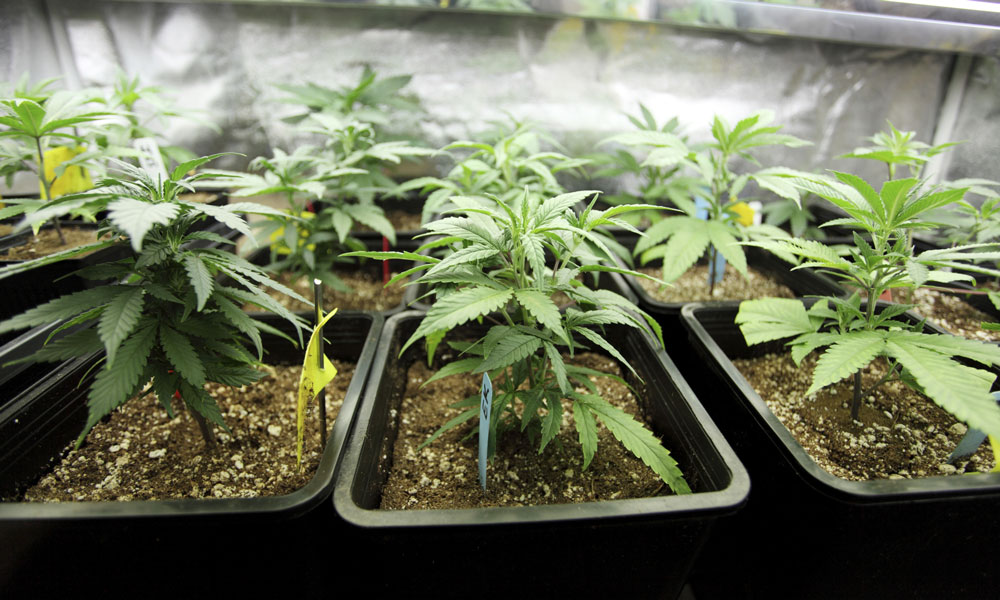
Native American Groups See Potential in Legal Cannabis
With a new coalition in tow, Native American tribes nationwide are considering the potential sale of legal marijuana on their land. The tribes' sovereign status gives them some advantages that state governments don't have, but the drug's regulated status still means there's plenty to consider.
Native American tribes have been known to use their sovereign status to test out new business models—models that may not exactly be considered legal elsewhere.
The latest to fall into that category? Cannabis. After getting the OK from the U.S. Justice Department [PDF] to sell marijuana on reservations in the same ways allowed in states where weed is legal, a number of Native American tribes are considering the next steps—and a new coalition is helping them find the right direction to take.
The National Indian Cannabis Coalition, which launched in March, is working with many of the tribes that have expressed interest in selling legal marijuana for medical purposes or otherwise. The group hopes to provide educational and operational assistance as tribes consider whether the model works for them.
“We’ve seen a need in Indian country, and to be able to act as a resource in a space that didn’t have anybody there just yet—that’s big,” NICC co-chair Allyson Doctor said in an interview with The Cannabist. “This is a huge opportunity, and we really wanted to make sure tribes had access to educational resources in this space. If they choose to go down this road, we want to make sure that they’re successful.”
Currently, the association is offering free membership to interested tribe leaders, with the organization being funded by sponsors who have been working in the regulated cannabis industry for years. The group hopes to draw upon the power of the group in building up its membership.
Tribes: Not Bound by State Law
While momentum is already working in the legal cannabis industry’s favor—last week, for example, the House introduced a bill that would bar the federal government from meddling with marijuana programs in states that have legalized the drug—the sovereign Native American community has some advantages that the states may not. For one thing, reservations are not bound by state laws, and even in the cases of federal laws, the government tends to take a hands-off approach. And because tribes aren’t bound by federal taxes, they may be able to offer their products more inexpensively than states can.
But with a new president taking office in 2017, it’s unclear whether Justice Department policies implemented during the Obama administration will follow through to the next president.
“We don’t know how that will shake out,” TerraTech CEO Derek Peterson told Vice News last week. “We think Pandora’s box has mostly been opened and can’t be closed, but you can’t be sure.”
And it’s worth noting that not every tribe will be welcoming to legal marijuana. Last year, Yakama Nation actively sought to block marijuana on its federal lands, despite the drug being legalized in Washington state, where the tribe resides.
“They need to figure out if developing the regulated cannabis market on territory is the right decision for their community,” Doctor, a member of the St. Regis Mohawk Tribe, added in her Cannabist interview. “It’s certainly not going to be the right decision for every tribe. Some will have the capacity and community support needed, and some won’t.”
(iStock/Thinkstock)






Comments